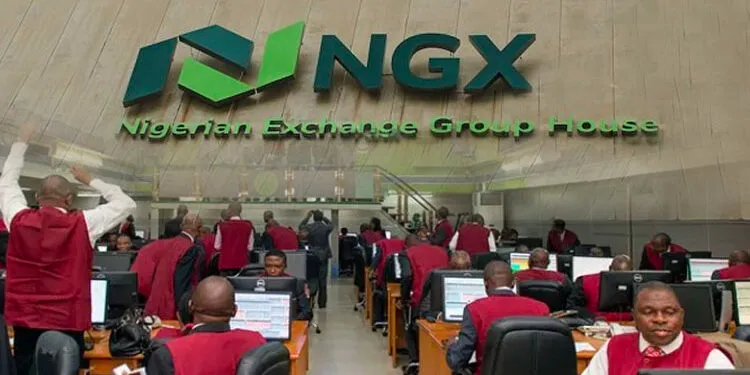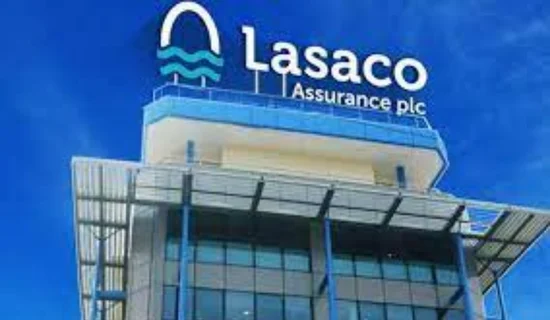The Chief Executive Officer of the Nigerian Liquefied Natural Gas Limited, Dr. Phillip Mshelbila, says he is optimistic that Nigeria’s Decade of Gas policy if successfully implemented as planned, will allow the country to catch up to the developed and industrialized nations of the world.
Mshelbila added that the federal government would need to pledge an initial funding commitment of between one and $2 billion each year to support the project in order for the ambitious ten-year gas plan to be implemented and realized.
The NLNG CEO made this statement on Wednesday in Abuja during his keynote address at the 13th International Conference and Exhibition hosted by the Nigeria Gas Association, with the theme: “Ensuring the Realisation of Nigeria’s Decade of Gas.”
Mshelbila emphasized the significance of the Decade of Gas agenda to Nigeria’s drive for economic development and industrialization, but she pleaded with the incoming administration to continue with the plan and see it through to completion rather than interrupt it.
President Major General Muhammadu Buhari (rtd.), and the recently-retired Minister of State for Petroleum Resources, Chief Timipre Sylva, introduced the ambitious Decade of Gas agenda in 2021 with the goal of using gas as an enabler to help Nigeria achieve industrialization, economic prosperity, and address energy poverty.
“Nigeria now ranks as the ninth largest gas nation in the world by reserve and boasts a natural gas resource of over 209 trillion cubic feet. However, the country can only generate seven to eight billion standard cubic feet of gas each day.
“And the reason is that, in creating this plan, we have gone back in time and carefully considered every other plan that has been created in the past.
According to Mshelbila, funding for the kinds of activities we have historically engaged in is dwindling.
Unfortunately, he claimed that out of the 10 years planned, Nigeria had already lost three years. He went on to claim that because environmental concerns must also be addressed, the program now only has roughly seven years remaining before a change in leadership.
He said that the United States had developed technology that, through the use of fracking, which was made possible by the usage of gas, entirely transformed the gas business and that other nations had used gas to reverse their fortunes.
Mshelbila contended that Nigeria, through the NLNG, was only attempting to ramp up its LNG supply to 30mtpa through the Train 7 project while Qatar, which has one of the largest gas reserves in the world, has invested in an expansion project that will increase their LNG export from 77 million tonnes per annum (mtpa) to 126mtpa.
However, he noted that Nigeria has its own plans for the Decade of Gas to attain development like Qatar, notably stressing that “we do have our own strategy. And we can catch up to the nations that are carrying out such incredible and fantastic things.
He said that as part of the proposal, the federal government will contribute “an initial one to $2 billion each year, on top of which it can collect counterpart money from the private sector. Its entire financial component is therefore also comprehended.
The NLNG CEO added that during that time, the stakeholders had developed a timetable that considered the measures that needed to be completed in the first six, first 12, and first 24 months, which had ultimately resulted in a detailed schedule with milestones and other crucial components.
The Minister of State for Petroleum is in charge of the governance that has been established, he continued. It has sponsors from all sectors of the economy, including regulators and everyone who needs to be present.
“We are still waiting for the actual implementation. Security is one component of the decade of gas that is missing, and I must say this. That is missing from the list. However, it is also a necessary step that must be taken.
Furthermore, he added that the Decade of Gas Plan’s security in the Niger Delta was a crucial component that needed to be addressed, particularly the problem of crude oil theft.
We need that in addition to everything else already included in the plan if we are to overhaul not only the gas industry but also the entire national economy.
“The project has support from all sides,” he said. “NLNG initially sponsored the work and the development of the plan.”
Mshelbila noted that the Independent Petroleum Producers Group has committed to the initiative, he claimed that all the various stakeholders represented in various ways are now supporting it financially and in other ways.
He cautioned the incoming administration not to think about changing the policy or implementing a new one because everyone was in favor of it and that everything that the policy needs now was for it to be implemented.








